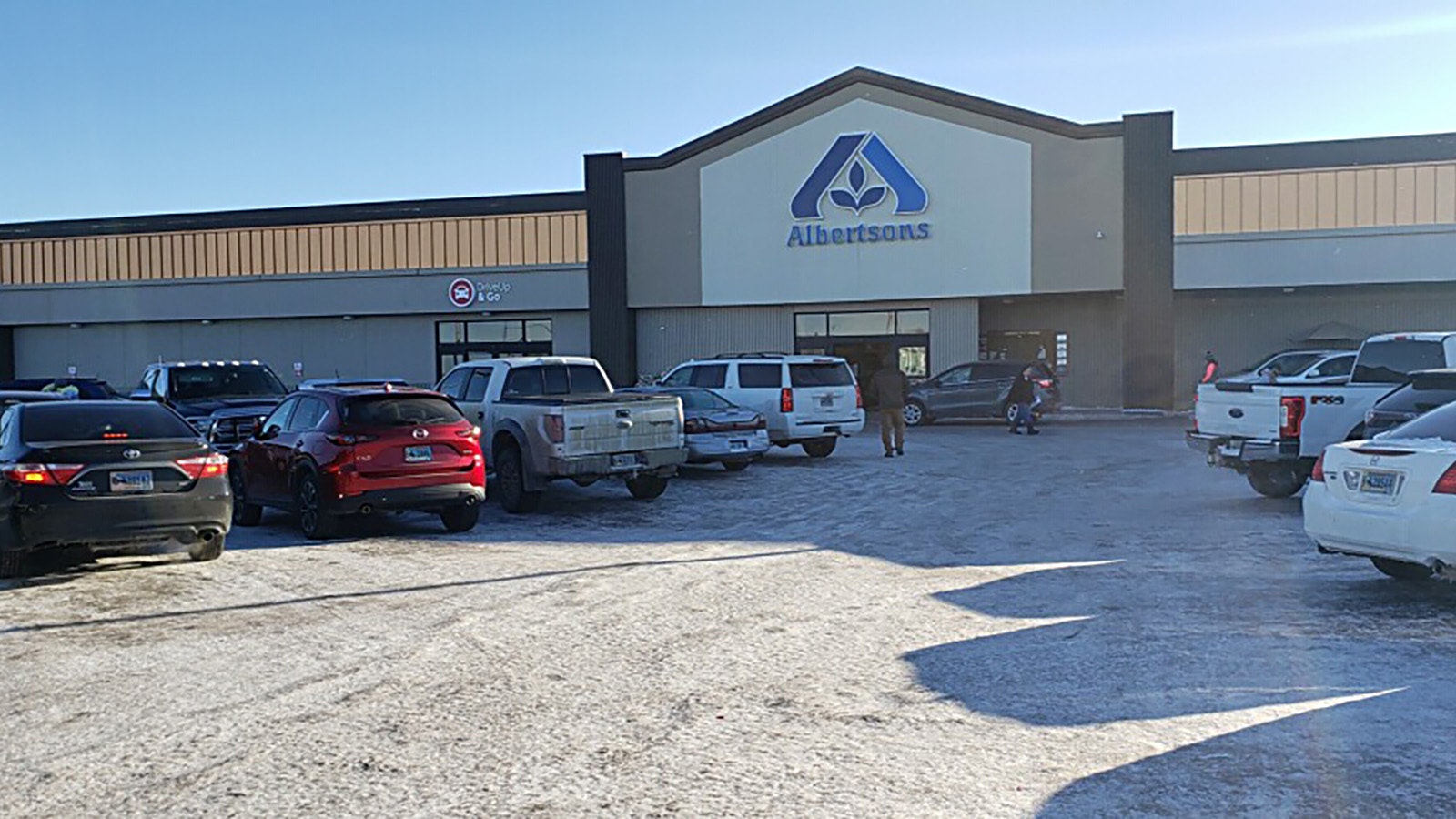Federal Trade Commission wants more time to decide whether it will allow a proposed $25 billion merger between Kroger and Albertsons grocery stores. The information is part of docket entries for a lawsuit that’s been refiled in California by some of the two stores’ shoppers.
The docket mentions that the companies and the FTC are talking about moving the deadline for a decision to Jan. 17. The deadline had been Dec. 15, but no decision was announced.
The deadline kicked in after Kroger filed paperwork certifying to the FTC that it has met substantially all of the FTC’s antitrust law requirements.
Among steps Kroger has taken is to announce the sale of 413 stores to C&S Wholesalers, to ensure the sector remains competitive.
The company has also told the FTC it needs the deal to remain competitive with entities like Walmart and Amazon, which are so large they can dictate prices. Both Kroger and Albertsons have continued to beat profit and sales expectations in earnings calls, however, undercutting their argument in the eyes of critics.
The FTC has been tight-lipped about its plans for the deal. Director Lina Khan, in a recent visit to Colorado to gather public comment on the matter, told participants in the forum that FTC could only try to block the merger if it can be proven that it violates antitrust law.
However, Khan was previously critical of the 2015 Albertsons-Safeway merger, writing in a paper in 2017 that it was obvious the divestiture of stores to Haggen wouldn’t assure competition and was doomed to failure.
California Suit’s Short-Lived Revival
The first iteration of the shopper lawsuit seeking to stop the Albert-Krogerson deal was filed in the Northern District of California earlier this year.
A judge rejected it in August, but the group amended and refiled the complaint, making essentially the same claims as before. Namely, that Kroger’s acquisition of Albertsons will eliminate a significant competitor and rival, making the sector significantly less competitive and leaving consumers in many communities across the United States without significant alternatives for buying groceries.
The suit also repeated rejected claims that the $4 billion special dividend paid out ahead of the merger should be returned to Albertsons so that it does not cripple the company and make the merger too important to fail.
Those complaints have already failed once on the merits, and a docket entry dated Dec. 14 says that the court does plan to dismiss the complaint again.
Kroger, for its part, has said the merger with Albertsons will mean lower costs for consumers and $1 billion more in wages for workers, as well as expanded worker benefits, long-term job security and a strong unionized workforce.
“C&S is a family owned business with more than 100 years of experience in the grocery industry," an emailed statement from an unidentified Kroger spokesperson said. “The company is critical to bringing these meaningful and measurable benefits to America's consumers and grocery workers through their commitments to maintain all collective bargaining agreements, including industry-leading benefits and bargained-for wages, and zero frontline worker layoffs and zero store closures as a result of the merger.
"If the merger is blocked, the nonunion retailers like Walmart and Amazon will become even more powerful and unaccountable — and that’s bad for everyone.”
Novel Argument
Grocery store workers have been among vocal critics of the planned merger, offering anecdotes suggesting the deal will make their labor market much less competitive. A Cheyenne grocery store worker told Khan as much during her visit to Colorado to gather public comment on the matter.
An economist out of the University of Utah, meanwhile, has recently issued a report that looks at the Albert-Krogerson deal through the lens of a competitive labor market, offering something a little more substantial than anecdotes.
The study was supported by unions that have opposed the merger, including UFCW 7, which represents about 750 Wyoming grocery store workers.
The paper suggests the merger could harm competition in labor markets, leading to overall reduced wages and working hours because workers would no longer be able to switch employers for improved working conditions or pay rates in many communities.
The paper concludes the merger violates the federal Clayton Act by dramatically reducing labor market competition in the grocery store sector.
Regional full-service and discount grocery chains, as well as the spread of warehouse clubs and super centers, has driven consolidation in the grocery store sector for the last three decades, the paper notes, and Kroger and Albertsons are the largest remaining traditional grocery store chains left in most local markets.
While the FTC has historically considered mergers based on their effect on consumer prices, the paper suggests it is fair to look at the impact to labor markets as well.
“Well-established caselaw holds that competitive effects of mergers must be evaluated antitrust-market-by-antitrust market,” the paper states. “Applying that principle to the Kroger-Albertsons merger, the reviewing agencies should evaluate the potential for this merger to harm competition in labor markets, just as much as in product markets.”
The paper goes on to analyze the impact of the merger on the labor market and suggests the merger could worsen pay and job quality by increasing labor market concentration.
How much traction the argument will get remains to be seen. Labor force antitrust claims have been difficult to show in past case law and would not be typical of the way the FTC has historically evaluated similar mergers, which could make it too steep a climb to gain traction.
On the other hand, the FTC has signaled a much more aggressive approach of late, and the proposed merger has attracted opposition from a diverse array of political interests, some of which have traditionally landed on opposite sides.
Wyoming was among states that reviewed the merger, looking at whether it violates antitrust laws.
Renée Jean can be reached at renee@cowboystatedaily.com.





